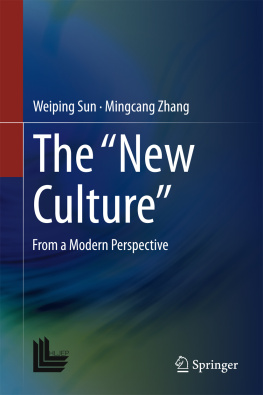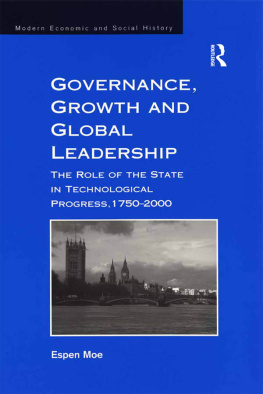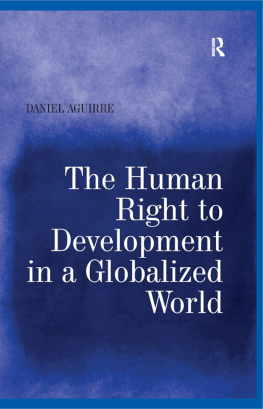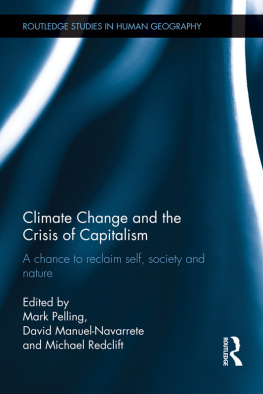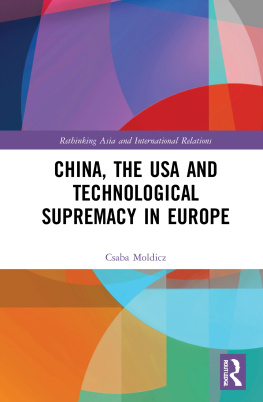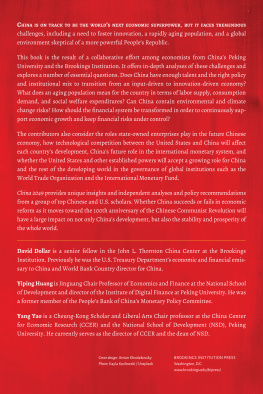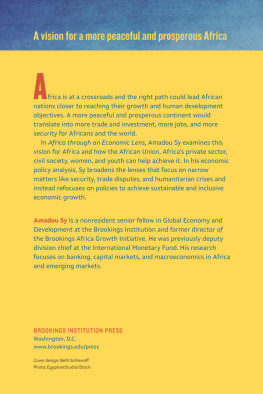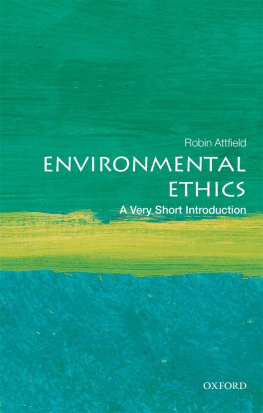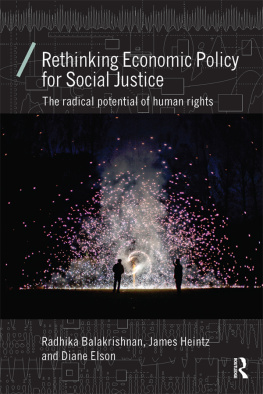In modern society, economic growth is often considered as a national priority goal, and economic value as the top value. However, in the process of achieving economic growth, those economic activities with clearly predicted human goals have caused a great number of unpredicted results. Due to these economic activities aiming at limited goals, humans may be drifting away from more advanced and important goals. What is sowed as a dragons seed is reaped as a flea. This paradoxical effect is most frequent in todays world!
All kinds of materialization and alienation as well as unbearable costs increasingly make growth limit a dominating global issue. To grasp the rationalization of economic growth and to reflect the meaning of life have already become a call of the time. At any rate, humans are never economic beings, and they should never degenerate to economic animals.
1.1 Contemporary Dilemma of the Dogma of the Rational Economic Man
Humans are rational beings, but they are not only rational humans because they also have irrational characteristics.
Humans cannot be void of economy, but they are not merely economic humans, for they are political and cultural beings.
However, since the end of the eighteenth century, the dogma of rational economic humans has been prevailing in economic activities and theories. It has made human rationality absolute and has regarded human economic goals and activities as top priority. As a result, the wholeness and abundance of human qualities were abridged and humans became merely economic beings for the abstract rationalism. In the 1784 edition of An Inquiry into the Nature and Causes of the Wealth of Nations , Adam Smith put forward the famous hypothesis of the economic man, which completely rid economists of the theological explanations of human economic behavior, and for the first time explained and illustrated human economic behavior from the perspective of the economic man, signaling the analytical power of modern economics. Nonetheless, there is the danger of placing the hypothesis of the rational economic man to the extreme end. In the following 200 years, through the advancement by David Ricardo and John Mill, the hypothesis gradually evolved and became a dogma. Just as Kornai Janos said, after Adam Smith, the main Western schools of economics have merely been accurately expressing the invisible hand by means of mathematical methods. Influenced by the dogma of the rational economic man, many believe that the rational economic man is the pursuer of the maximal benefits and the principle of pursuing the maximum is the sole value criteria for any economic behavior.
The rational economic man who pursues the maximal benefits for himself is the logical pivot of Western classical economics. However, is rational deduction of logic the absolute supreme criterion? Is human economic behavior truly pure rational behavior? Does this behavior always absolutely follow the principle of maximal benefits?
It has already been revealed in modern sciences that the rational deduction of logic is in fact not a perfect method. This is because the premise, the starting point or general principle of deduction, is not after all self-evident, and deduction alone cannot guarantee the validity and reliability of its premise. If only limited within the scope of deduction without considering the new facts and circumstances, one would be extremely limited in the significance of ones conclusion by the deduction. In real economic life, the significance of the conclusion of deduction always depends on how much it fits between the premise of deduction and the real economic life. In modern market economic activities, the imbalance and instability of the market, the incompleteness of market signals, the risks of market competition, the dysfunction of the market, etc., lead to the insufficiency of single-handed rational logical understanding as the implement when it comes to grasping the market information and the regulations or characteristics of the economic behavior.
In fact, the process of rational logical understanding is always permeated with irrational effect. By recalling the basic facts of how humans evolved from animals, one can easily come to the deduction: The whole human is both a rational being and an irrational being. On one hand, human rationality is generated from the basics or instincts of desires, emotions, and moods and rationality proper is developed from the low stage to the high stage. In the whole process, irrationality is not only the basis of rationality but also the antecedent or moment of rationality. On the other hand, humans are social beings and their emotions, moods, and desires are directly or indirectly controlled by rationality. The dominance of animalistic instincts on humans only appears under abnormal circumstances, and the irrationality of intuition, inspiration, and insight only appears as a result of the transformation based on experience and culture. Human irrationality and rationality are always changing and developing in the process of interinfiltration, interconversion, and the unity of opposites. Rationality and irrationality always affect humans simultaneously, making them the unity of contradictions. Once humans are defined as rational economic men, they are no longer real men.
Similarly, human economic behavior does not always follow the principle of maximum benefits. As the unity of rationality and irrationality, the human market behavior inevitably has double orientations: On one hand, it has the definite and persistent standard to seek the maximum through calculation and details; on the other hand, it ignores the standard, calculation, and details and does not seek the maximum. These two orientations are highly complex and difficult to determine. The principle to seek the maximum is only limited to the particular behavior characteristic of those who perform at a particular time and under particular circumstances, and it is not inevitable at any time and under any circumstance. We should substitute the partial hypothesis of maximization with the complete hypothesis of maximization together with non-maximization.
The rational economic man is confident and optimistic as well as unilateral, fanatic, and unrestrained. The rational economic man who is deprived of irrationality essentially owes all human behavior to economic behavior, always seeking the maximum of self-benefits. This dogma of rational economic man, the tradition of abstract rationalism, the individualistic conception of values, and the hedonist view of life have merged and gradually made economism the popular view of development since modern times. Economism regards development as the process of initiating the industrial society or technological society as well as the process of wealth accumulation and economic growth. It regards economic benefits and values as the supreme standard, asserting that the public benefits absolutely depend on economic growth. Meanwhile science and technology are considered omnipotent, able to help people overcome all difficulties, and guarantee unlimited economic growth. From the perspective of the traditional growth theory, unlimited economic growth is necessary and attainable, and humans should ceaselessly conquer nature, control nature, and make nature serve human desires.

